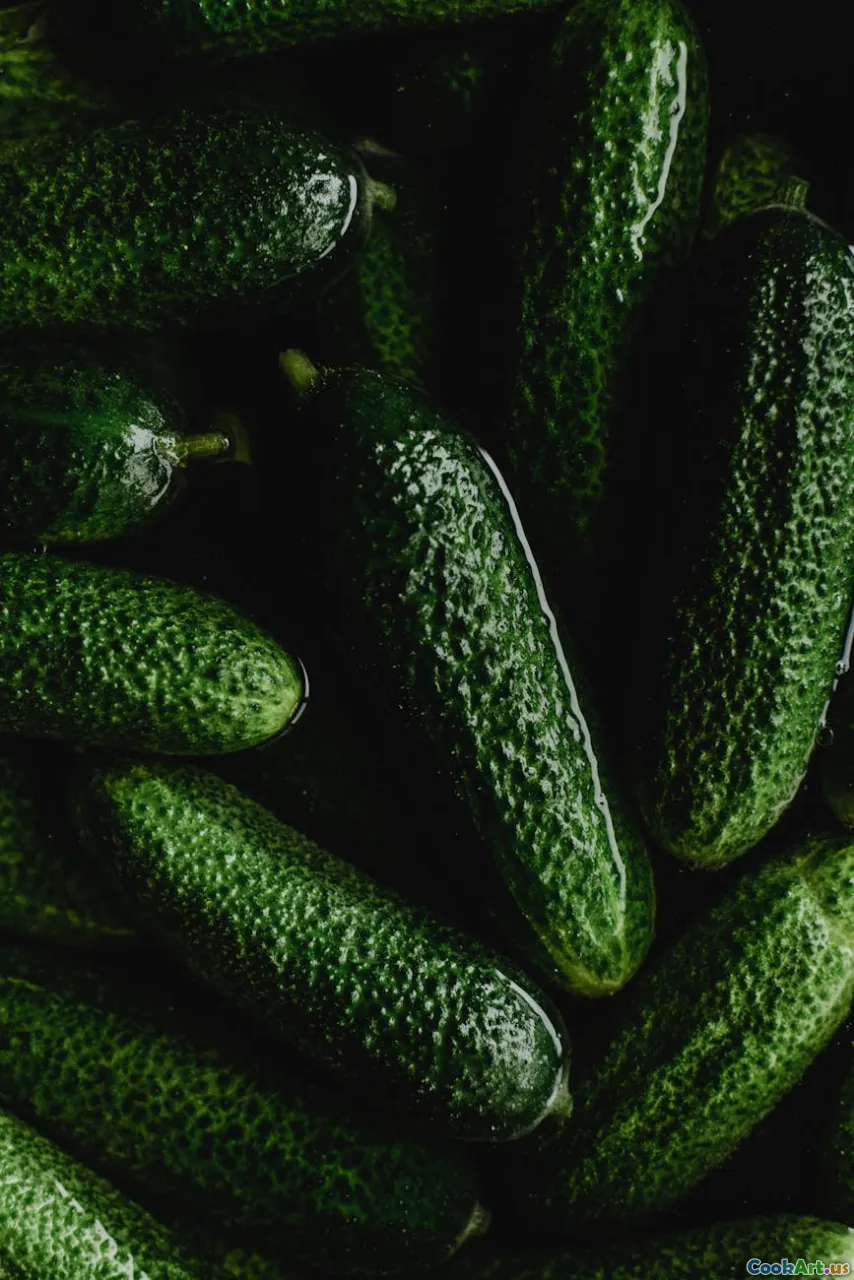Vegetable Preservation Techniques by Season
6 min read Explore seasonal vegetable preservation techniques to enjoy fresh flavors year-round through canning, fermenting, and more. April 12, 2025 02:00
Vegetable Preservation Techniques by Season
Preserving vegetables is a time-honored practice that allows us to enjoy the bounty of each season well beyond its fleeting moments. From the crisp snap of fresh spring peas to the hearty warmth of winter root vegetables, understanding how to preserve these treasures can enhance our culinary experiences. This article explores various techniques for preserving vegetables, tailored to each season, ensuring you can savor the flavors year-round.
Spring Preservation Techniques
In spring, a plethora of tender greens and vibrant vegetables make their debut. Here are some techniques to preserve the freshness of spring produce:
1. Freezing
Freezing is one of the quickest ways to preserve the crispness and nutritional content of spring vegetables. Blanching leafy greens like spinach and kale before freezing helps retain their color and flavor. Simply plunge them into boiling water for a minute, cool in ice water, drain, and freeze in airtight bags.
2. Pickling
Spring vegetables such as radishes and asparagus can be pickled to create tangy accompaniments. Use a simple brine of vinegar, water, sugar, and salt, and let the vegetables marinate for at least 24 hours before enjoying. This method enhances their crunch and adds a delightful zing to salads and sandwiches.
Summer Preservation Techniques
Summer is the season of abundance, giving rise to a cornucopia of vegetables. Here’s how to preserve them:
1. Canning
Canning is ideal for summer vegetables, especially tomatoes, which can be transformed into sauces, salsas, or whole canned tomatoes. Using a water bath canner helps to safely seal jars, creating a shelf-stable product that can be enjoyed long after the season has passed.
2. Fermentation
Fermenting summer vegetables like cucumbers and zucchini not only preserves them but also enhances their nutritional profile through probiotics. A simple saltwater brine can be used to create delicious fermented pickles, which can be stored in jars in a cool, dark place.
Autumn Preservation Techniques
As the harvest season wanes, autumn brings a different set of preservation opportunities:
1. Dehydrating
Dehydrating vegetables such as bell peppers, tomatoes, and carrots concentrates their flavors and allows for long-term storage. Using a dehydrator or an oven at a low temperature, vegetables can be dried until they are crisp. Store them in airtight containers for use in soups and stews.
2. Root Cellaring
Many root vegetables like carrots, potatoes, and beets can be stored in a root cellar. This cool, dark, and humid environment allows these vegetables to last for months. Simply brush off excess dirt and place them in bins or crates, ensuring good air circulation.
Winter Preservation Techniques
In winter, fresh vegetables can be scarce, making preservation techniques even more vital:
1. Freezing
While freezing is popular in spring, it is equally effective in winter. Vegetables harvested in late fall, such as broccoli and cauliflower, can be blanched and frozen. This method preserves their color, flavor, and nutritional value, allowing for a taste of summer during the cold months.
2. Canning
Winter is also a great time to can hearty vegetable soups and stews. Combine seasonal ingredients into a delicious mixture and can them for a quick meal. Ensure to follow proper canning procedures to maintain food safety.
Conclusion
Understanding and applying seasonal vegetable preservation techniques not only enriches our culinary repertoire but also fosters a deeper connection with the food we consume. By employing methods like freezing, canning, pickling, fermenting, dehydrating, and root cellaring, we can enjoy the flavors of each season long after they have passed. Embrace these techniques to ensure that the vibrant tastes of fresh vegetables can be a part of your meals all year round.









